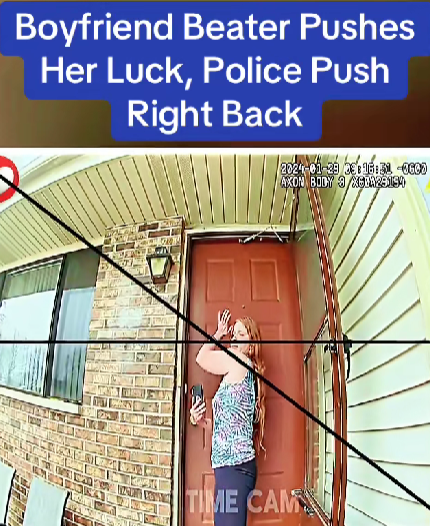Behind closed doors, countless people live with fear that most of the world never sees. Domestic violence doesn’t always begin with bruises — sometimes it starts with control, threats, or isolation — and by the time it turns physical, it can be a matter of survival.
Police officers are often the first to arrive when that fear becomes a crisis. Every domestic-violence call carries enormous risk: emotions run high, stories conflict, and danger can turn deadly within seconds. Officers must act quickly to protect everyone involved, separating the parties, gathering facts, and making judgment calls under pressure. Their goal is not only to stop the violence in that moment but also to ensure the victim has a path to safety afterward.
For victims, calling for help can be terrifying. Many fear retaliation, embarrassment, or not being believed. That’s why awareness campaigns urge friends, neighbors, and family members to speak up when they notice signs of abuse — such as unexplained injuries, withdrawn behavior, or sudden isolation. Sometimes, one phone call from a bystander can save a life.
Modern law enforcement agencies now invest in specialized domestic-violence training so officers can better read these tense situations. They’re taught to look beyond surface arguments and recognize manipulation or coercive control. Some departments pair officers with social workers or victim-advocacy teams who can offer shelter information, legal guidance, or counseling resources on the spot.
Equally important is ensuring accountability without escalating harm. When police intervene properly, they don’t just end a fight — they can break a cycle. Many survivors later say that a single respectful, decisive response from an officer gave them the courage to start over.
But the responsibility doesn’t stop at the police line. Society as a whole must continue challenging the culture of silence that allows abuse to persist. Domestic violence affects people of all genders, backgrounds, and income levels. It is not a “private matter”; it’s a public safety issue and a human-rights issue.
If you or someone you know is in danger, reach out now. In the U.S., you can call the National Domestic Violence Hotline at 1-800-799-7233 or visit thehotline.org for chat support. Similar hotlines exist worldwide. Every story matters, and help is available — confidentially, 24 hours a day.
Domestic violence thrives in the dark. When people refuse to look away, when communities support survivors instead of shaming them, and when law enforcement responds with empathy and firmness, change happens.
No one should ever feel unsafe in their own home. By raising awareness and standing together, we can turn every act of violence into a call for justice — and every rescue into a chance for healing. 💙
